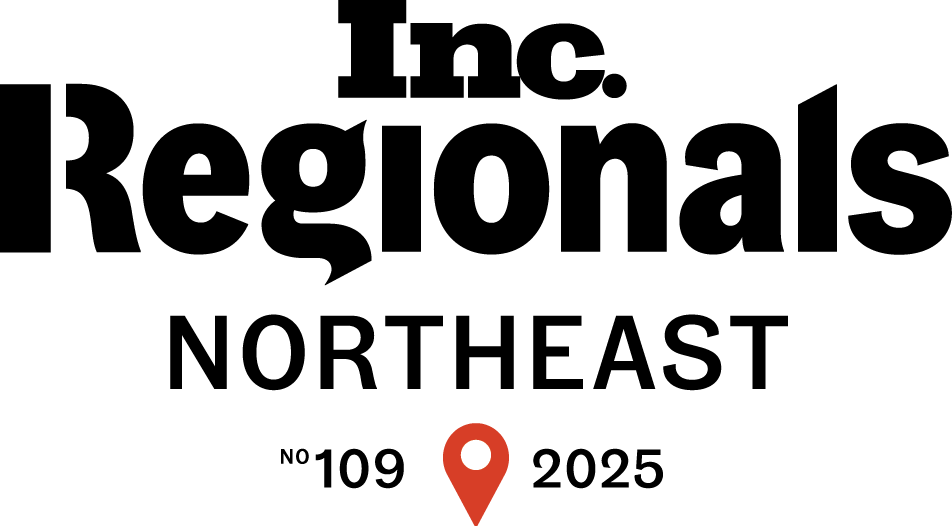Inside this Edition of the Freedom Energy Logistics Muni Minute
Freedom Energy Logistics | September 2022
Benefits of Customized Municipal Agreements
Brian White, Municipal Program Director
Freedom Energy supports many municipalities across Massachusetts with energy supply management. Simplicity or ease of execution is often at the top of their list, especially when responsible for many accounts.
Our Municipal team is often asked about flexibility, with the most frequently asked questions being:
- “We’ve opened a new wing at our elementary school. Can we add this account to our agreement?
- “We’re interested in building a solar array on our landfill, will this cause problems with our electric supplier?”
- “We’re replacing the dinosaur boilers at the middle and high schools for greater efficiency and to help reduce our energy consumption. Does this violate our agreement?”
The answers depend on the terms and conditions.
The reality is the needs of municipalities are constantly changing, so we have pre-negotiated some excellent contract provisions to address these concerns with most of our suppliers. When reviewing multiple offers, these details create separation, allowing you to find the most suitable agreement. For example, Freedom Energy’s municipal agreements include a 25% add/delete clause for new accounts or ones being finalized (clients can add a new account to the existing agreement under the same terms and rate or remove an account without penalty). Our team exercised this provision many times, bringing tremendous value to our clients, especially given the surge in energy prices. If clients are interested in solar, our municipal agreements include a 25% allowance for new solar installation. In addition, agreements contain a 55-day payment term and the ability to audit any “Change in Law” pass throughs a supplier may try to impose.
These benefits provide flexibility for our municipal clients that traditional supply agreements cannot and, in today’s market, are more valuable than ever.
A Proactive Approach to Energy Procurement Provides Benefits
Jim Fagan, Senior Energy Advisor
As energy advisors, we often see clients approach energy supply agreements like they would their cable provider; lock it in for 12 months, and once it’s due to expire in a couple of weeks, renew it for another 12 months. Simply put, this strategy is not the best approach.
During the energy procurement process, our team finds the greatest success for our clients when they are proactive and strategic in their approach to renewing supply contracts. Often, clients start tracking quotes 30 months before their contract expires. This approach has led to far less volatility when compared to organizations currently looking at pricing for the fall and winter of 2022.
In a volatile energy market, such as the one we are currently in, it is not uncommon for clients to see a rate increase of $.002/kWh or $.0035/kWh over just a few hours. Gone are the days where quotes in the morning remain unchanged by 5:00 pm the same day. Freedom Energy encourages a proactive approach, and our clients that have adopted this approach have not experienced the same market swings as clients waiting to renew until supply contracts are nearly expired.
Applying this proactive approach to real client examples can make a significant difference. For example, a client seeking a pricing proposal with a December 2022 start date and experiencing delays in decision-making may see a quote increased by nearly $0.02/kWh for every term offered. Compared to a client with an October 2023 start date over the same time, who may only see an increase of $.005/kWh. This example (based on recent experiences our team encountered) reinforces the notion that a proactive approach can help impart better results.
In an energy market that looks to be worsening long before it gets better, we urge our clients to embrace a proactive approach to renewing supply contracts long before they’re up for renewal. If you are ready to start looking ahead regarding energy procurement, reach out to our MA Municipal Team today. It costs nothing to look.
Energy Insights and Important Dates
Accelerating Climate Resilience (ACR) Grants
The MAPC is offering another round of Accelerating Climate Resilience (ACR) Grants to help municipalities advance strategies that protect people, places, and communities from the impacts of climate change. They are offering 1- and 2-year grants for technical assistance, programs, capacity building, and capital improvement/construction projects. The 101 cities and towns in the MAPC region are eligible to apply; and multi-municipal collaboration and partnerships with non-profits and community-based organizations are strongly encouraged. The deadline for grant proposals is 5:00 p.m. on Friday, October 14, 2022. For more details, refer to MAPC’s ACR webpage: https://www.mapc.org/resource-library/accelerating-resiliency/.
Municipal Energy Technical Assistance (META) Grants
The MA Department of Energy Resources (DOER) Green Communities Division is accepting applications for a new round of Municipal Energy Technical Assistance (META) grants. These grants are for independent third parties that help municipalities, regional school districts, and water/wastewater districts negotiate, develop and manage energy projects, or who perform studies to support the development of such projects. The 2022 round of META grants is available to all Massachusetts municipalities (regardless of Green Community designation status), regional school districts, and water and wastewater districts. The application deadline is November 18, 2022. Please refer to the Program Opportunity Notice for information about eligible projects and other details.
Investment Tax Credit
Amid rising energy costs across the country, the Inflation Reduction Act makes installing solar panels and storage batteries a more attractive investment for many towns, schools, and non-profits. Known as direct payment, it provides a way for institutions to get a rebate of 30% of the price of installing solar panels since they can’t benefit from the existing 30% tax break because they don’t pay taxes. Institutions that don’t pay taxes have a couple of alternative methods to cut the up-front cost of installing solar, batteries or other renewable energy, but they are more complex and sometimes more expensive.










Connect With Us